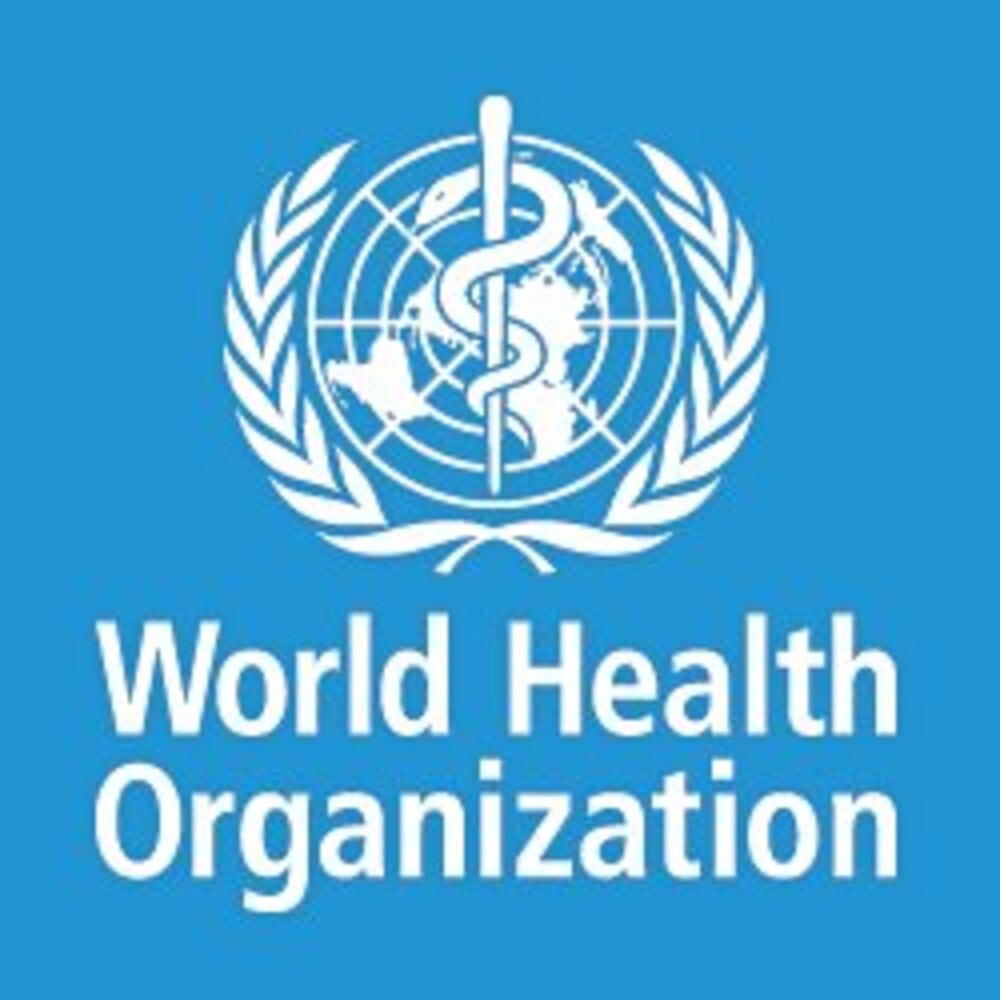-
WHO official: COVID-19 pandemic is ‘far from over’

The Arab News reported, according to Reuters, a World Health Organization spokesperson said on Friday that the end of the COVID-19 pandemic was a long way off, citing a rise in cases in its latest weekly data.
The UN health agency has previously said that the acute phase of the pandemic could end this year but it would depend on how quickly we meet its target to vaccinate 70 percent of the population in each country, among other factors.
Asked by a journalist at a Geneva media briefing about the timing of the pandemic’s end, Margaret Harris said it was “far from over.” She added: “We are definitely in the middle of the pandemic."
Reported COVID-19 cases are again increasing'Reported COVID-19 cases are again increasing despite reductions in testing, which means the cases we're seeing are just the tip of the iceberg. We call on countries to continue to: -Vaccinate -Test -Sequence -Provide early care for patients -Apply common-sense public health measures' - Dr Tedros Adhanom Ghebreyesus
Posted by World Health Organization (WHO) on Thursday, March 17, 2022
After more than a month of decline, COVID-19 cases started to increase around the world last week, the WHO said, with lockdowns in Asia and China’s Jilin province battling to contain an outbreak.
Cases of Omicron BA2 subvariant rising across the European Union
The WHO said, a combination of factors was causing the increases, including the highly transmissible omicron variant and its cousin the BA.2 sub-variant, and the lifting of public health and social measures.
Source: arabnews
You May Also Like
Popular Posts
Caricature
BENEFIT Sponsors BuildHer...
- April 23, 2025
BENEFIT, the Kingdom’s innovator and leading company in Fintech and electronic financial transactions service, has sponsored the BuildHer CityHack 2025 Hackathon, a two-day event spearheaded by the College of Engineering and Technology at the Royal University for Women (RUW).
Aimed at secondary school students, the event brought together a distinguished group of academic professionals and technology experts to mentor and inspire young participants.
More than 100 high school students from across the Kingdom of Bahrain took part in the hackathon, which featured an intensive programme of training workshops and hands-on sessions. These activities were tailored to enhance participants’ critical thinking, collaborative problem-solving, and team-building capabilities, while also encouraging the development of practical and sustainable solutions to contemporary challenges using modern technological tools.
BENEFIT’s Chief Executive Mr. Abdulwahed AlJanahi, commented: “Our support for this educational hackathon reflects our long-term strategic vision to nurture the talents of emerging national youth and empower the next generation of accomplished female leaders in technology. By fostering creativity and innovation, we aim to contribute meaningfully to Bahrain’s comprehensive development goals and align with the aspirations outlined in the Kingdom’s Vision 2030—an ambition in which BENEFIT plays a central role.”
Professor Riyadh Yousif Hamzah, President of the Royal University for Women, commented: “This initiative reflects our commitment to advancing women in STEM fields. We're cultivating a generation of creative, solution-driven female leaders who will drive national development. Our partnership with BENEFIT exemplifies the powerful synergy between academia and private sector in supporting educational innovation.”
Hanan Abdulla Hasan, Senior Manager, PR & Communication at BENEFIT, said: “We are honoured to collaborate with RUW in supporting this remarkable technology-focused event. It highlights our commitment to social responsibility, and our ongoing efforts to enhance the digital and innovation capabilities of young Bahraini women and foster their ability to harness technological tools in the service of a smarter, more sustainable future.”
For his part, Dr. Humam ElAgha, Acting Dean of the College of Engineering and Technology at the University, said: “BuildHer CityHack 2025 embodies our hands-on approach to education. By tackling real-world problems through creative thinking and sustainable solutions, we're preparing women to thrive in the knowledge economy – a cornerstone of the University's vision.”
opinion
Report
ads
Newsletter
Subscribe to our mailing list to get the new updates!






















